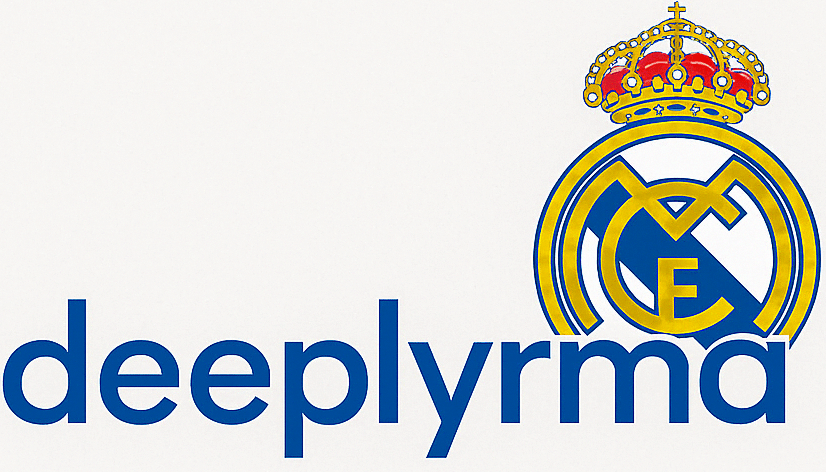1902–1910: The Origins
Founded on March 6, 1902, as Madrid Football Club, the team won its first Copa del Rey in 1905 and four in a row by 1908. It was a period of foundation, enthusiasm, and the beginning of competitive football in Spain.
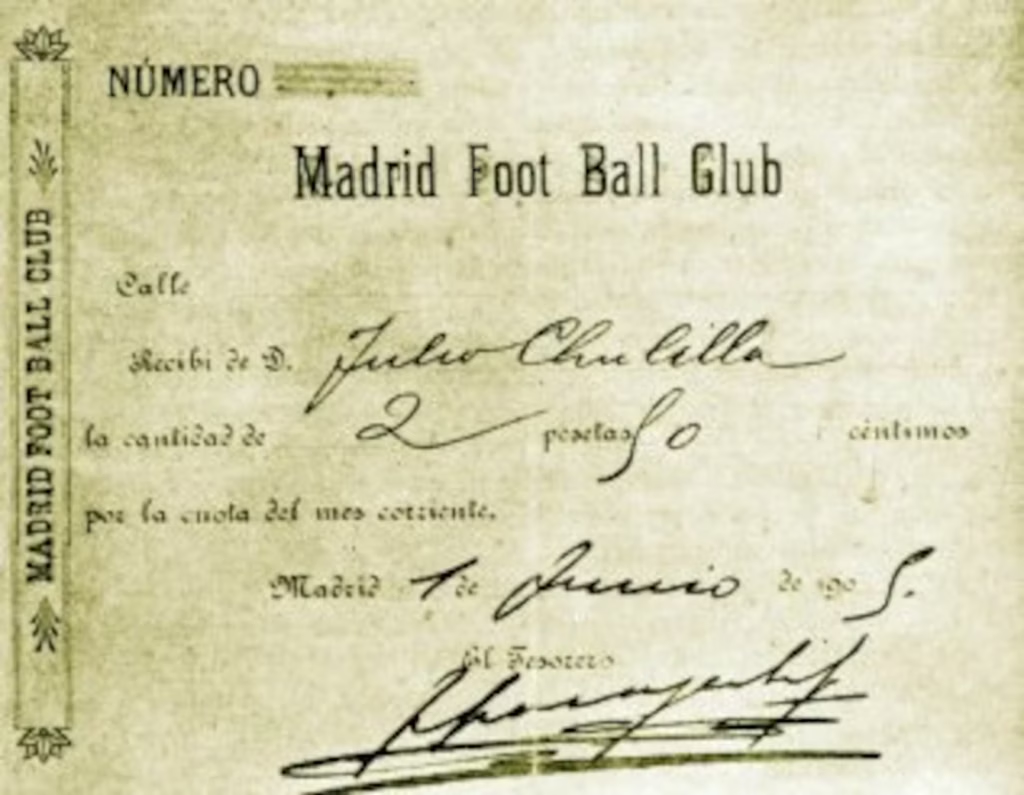
1911–1920: Early Success
Madrid FC continued to dominate the Madrid Regional Championship and became a respected institution in Spanish football. In 1920, the club received the title “Real” (Royal) from King Alfonso XIII.
1921–1930: League Football Begins
In 1929, Real Madrid joined the inaugural Spanish league (La Liga) and finished second. A year later, the club won its first La Liga title undefeated in the 1931–32 season. The team also inaugurated a new stadium in 1924.
1931–1940: Political Upheaval and Civil War
With the proclamation of the Second Spanish Republic, the club dropped the “Real” title. The Spanish Civil War (1936–1939) disrupted competitions, and many players and staff were affected.
1941–1950: Rebuilding and New Foundations
After the war, the club reclaimed the “Real” name. In 1943, Santiago Bernabéu became president and laid the foundations for the club’s modern era—beginning the construction of the new stadium, later named after him.
1951–1960: The Golden Era
Real Madrid won five consecutive European Cups (1956–1960) and became the greatest club in Europe. Led by Alfredo Di Stéfano, Puskás, and Gento, the club revolutionized world football.
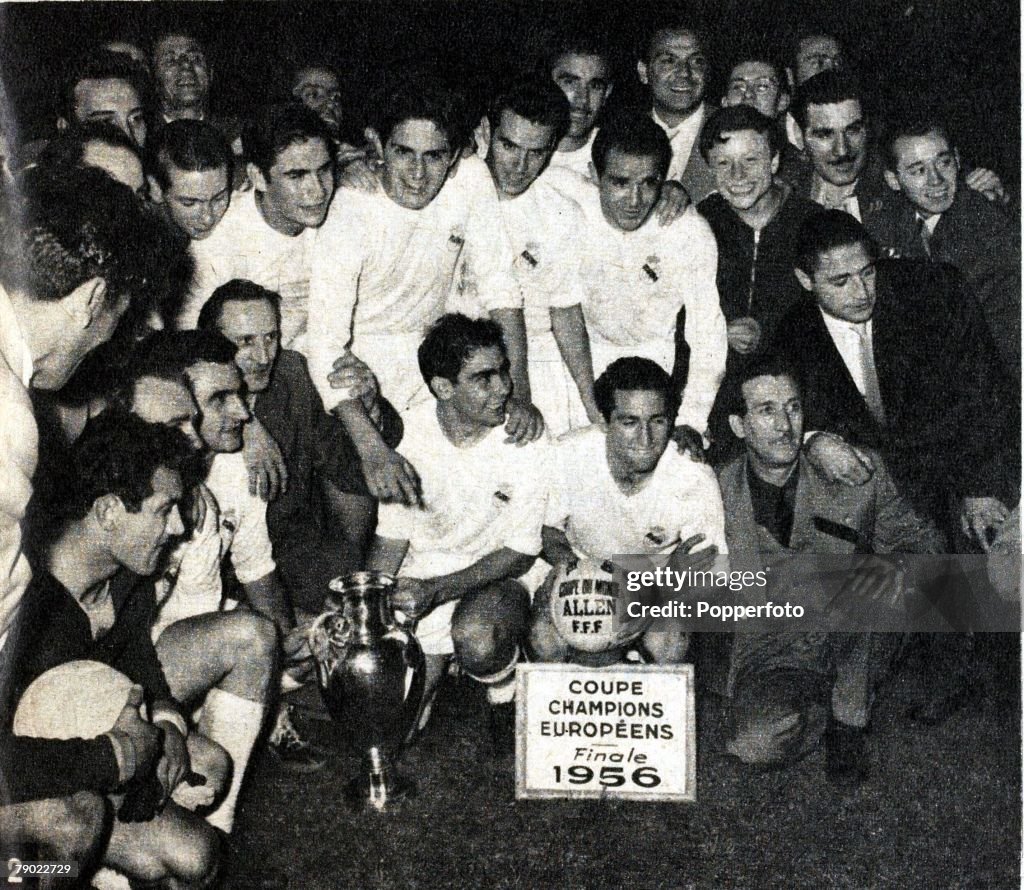
1961–1970: The ‘Yé-yé’ Team
In 1966, a mostly Spanish squad known as the Yé-yé team won the sixth European Cup. Real also dominated La Liga during the decade, winning eight domestic titles.
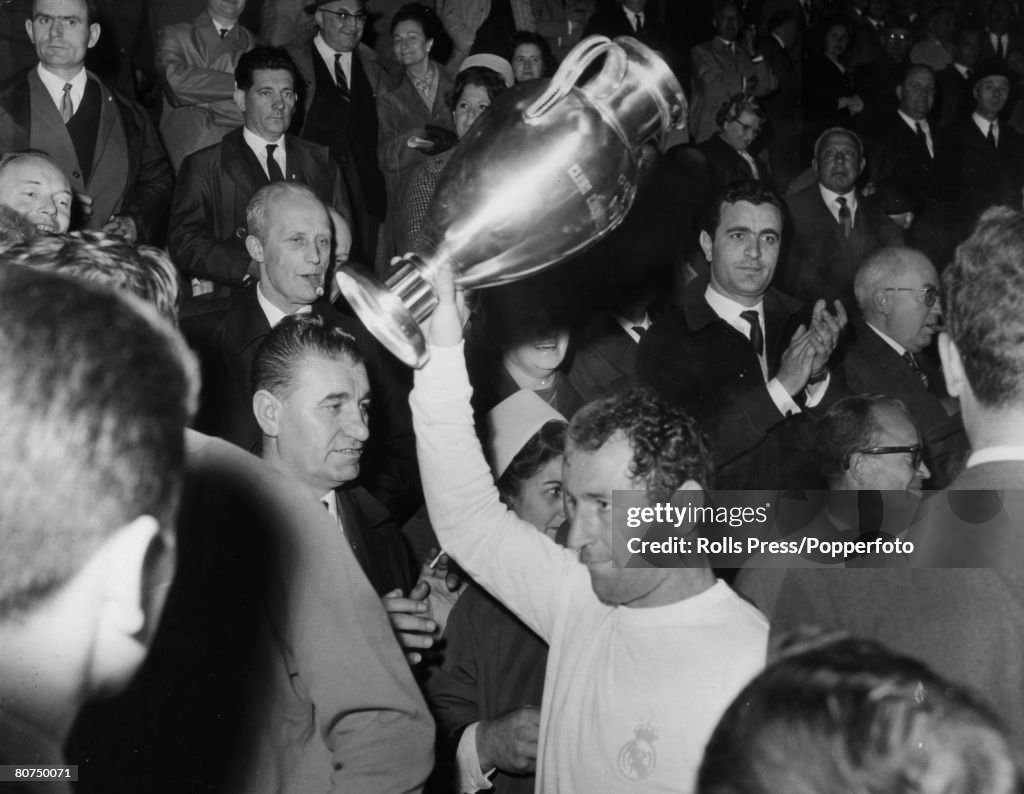
1971–1980: Transition and Legacy
Following Santiago Bernabéu’s death in 1978, the club entered a transitional phase, continuing its success with several league and cup wins. The stadium officially took on the Bernabéu name.

1981–1990: The ‘Quinta del Buitre’
With the rise of stars like Emilio Butragueño, Real Madrid won five consecutive La Liga titles (1986–1990). European success remained elusive, but domestically, the club was dominant.
1991–2000: Back on Top in Europe
After a 32-year drought, Real Madrid won their 7th European Cup in 1998 under Jupp Heynckes, followed by another in 2000. This decade also saw stars like Raúl and Roberto Carlos emerge.
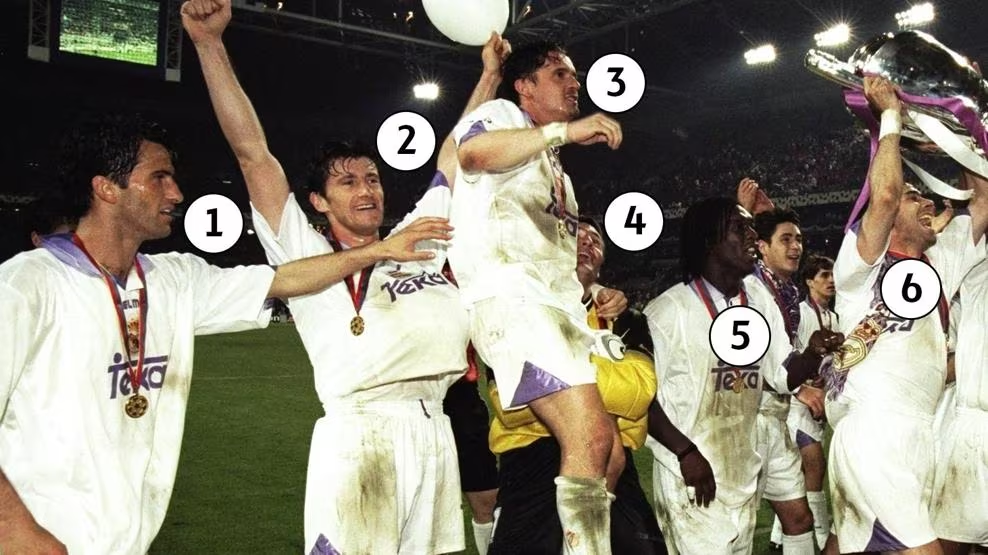
2001–2010: The Galácticos Era
Florentino Pérez’s Galácticos project brought players like Figo, Zidane, Ronaldo, and Beckham. The club won the 9th Champions League (2002) with Zidane’s famous volley and increased global popularity.
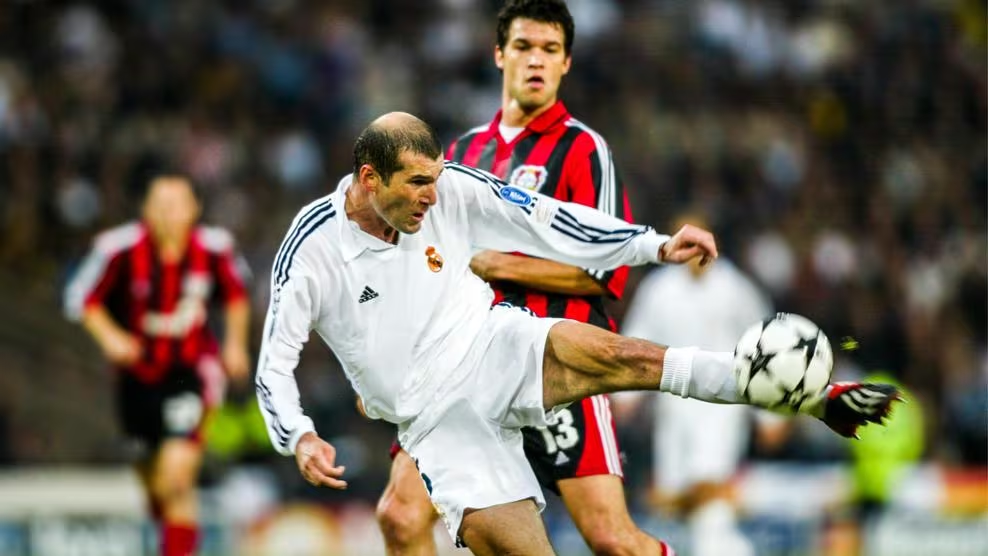
2011–2020: The Cristiano Ronaldo Era
With Cristiano Ronaldo, Sergio Ramos, Modrić, and Benzema, Real Madrid won four Champions League titles (2014, 2016, 2017, 2018) including a historic three-peat under Zinedine Zidane.
They also won La Liga in 2012 and 2017, and built a team legacy that shaped modern football.
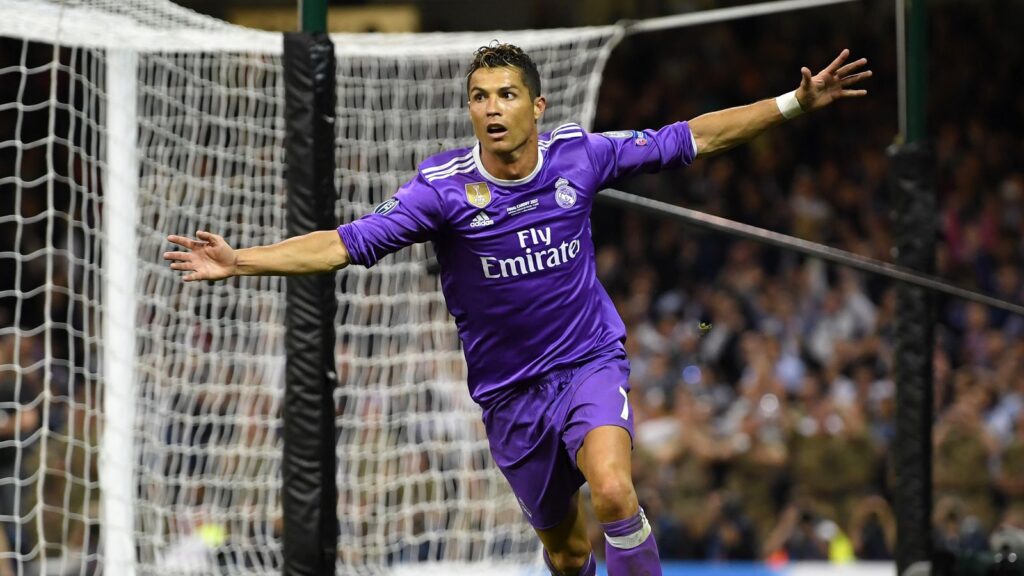
2021–2030: The Era of the 15th European Cup
Real Madrid has written a new golden chapter in football history during this decade.
🏆 2024 – The 15th UEFA Champions League Title
In 2024, Real Madrid conquered their 15th European Cup by defeating Borussia Dortmund at Wembley. This marked their sixth Champions League win in the last 10 years, further establishing their dominance in European football. Goals came from Carvajal and Vinícius Jr., in a match that ended an undefeated campaign in the tournament.
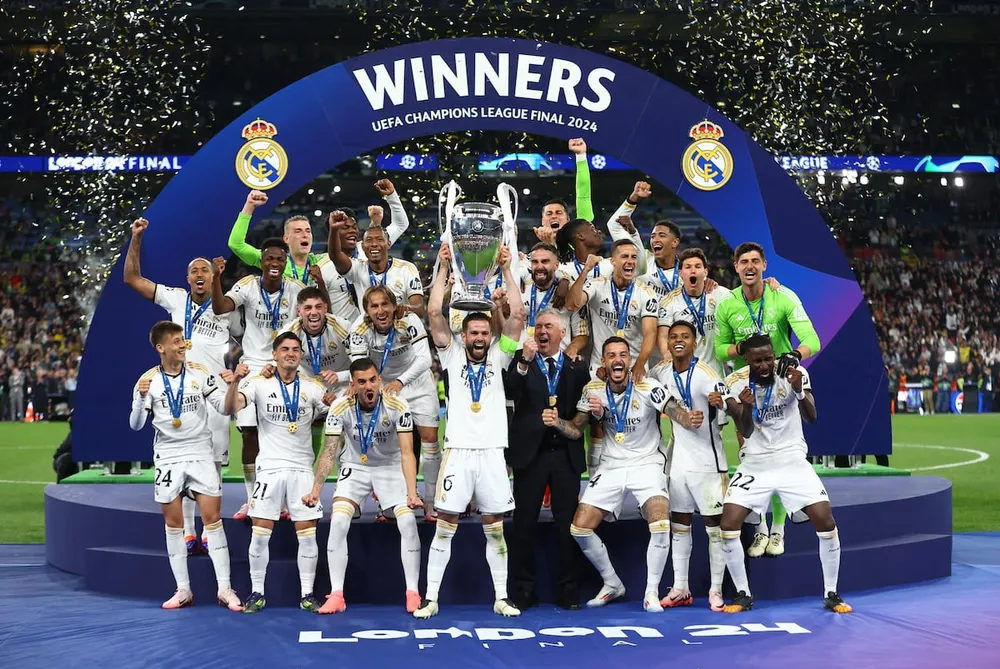
🏆 2022 – The 14th European Cup
Led by Carlo Ancelotti, Real Madrid secured their 14th Champions League title in 2022, defeating Liverpool in Paris with a goal from Vinícius Jr. Thibaut Courtois was named the MVP of the final.
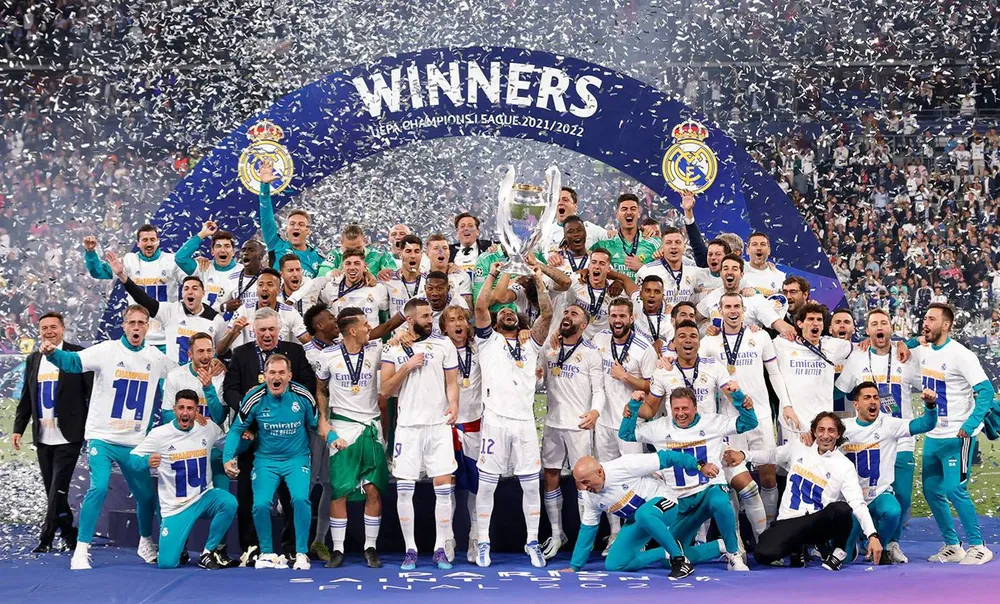
🥇 Domestic Dominance
In this decade, Madrid also added several domestic and international trophies:
- 35th & 36th La Liga titles
- 20th Copa del Rey (2023, victory over Osasuna, 2 goals by Rodrygo)
- 5th Spanish Super Cup
- 6th UEFA Super Cup
- 8th FIFA Club World Cup (2023, 5–3 win over Al Hilal)
🏆 Trophy Summary (2021–2024)
- 🏆 2 UEFA Champions Leagues (2022, 2024)
- 🏆 2 FIFA Club World Cups
- 🏆 2 UEFA Super Cups
- 🏆 2 La Liga titles
- 🏆 1 Copa del Rey
- 🏆 2 Spanish Super Cups
